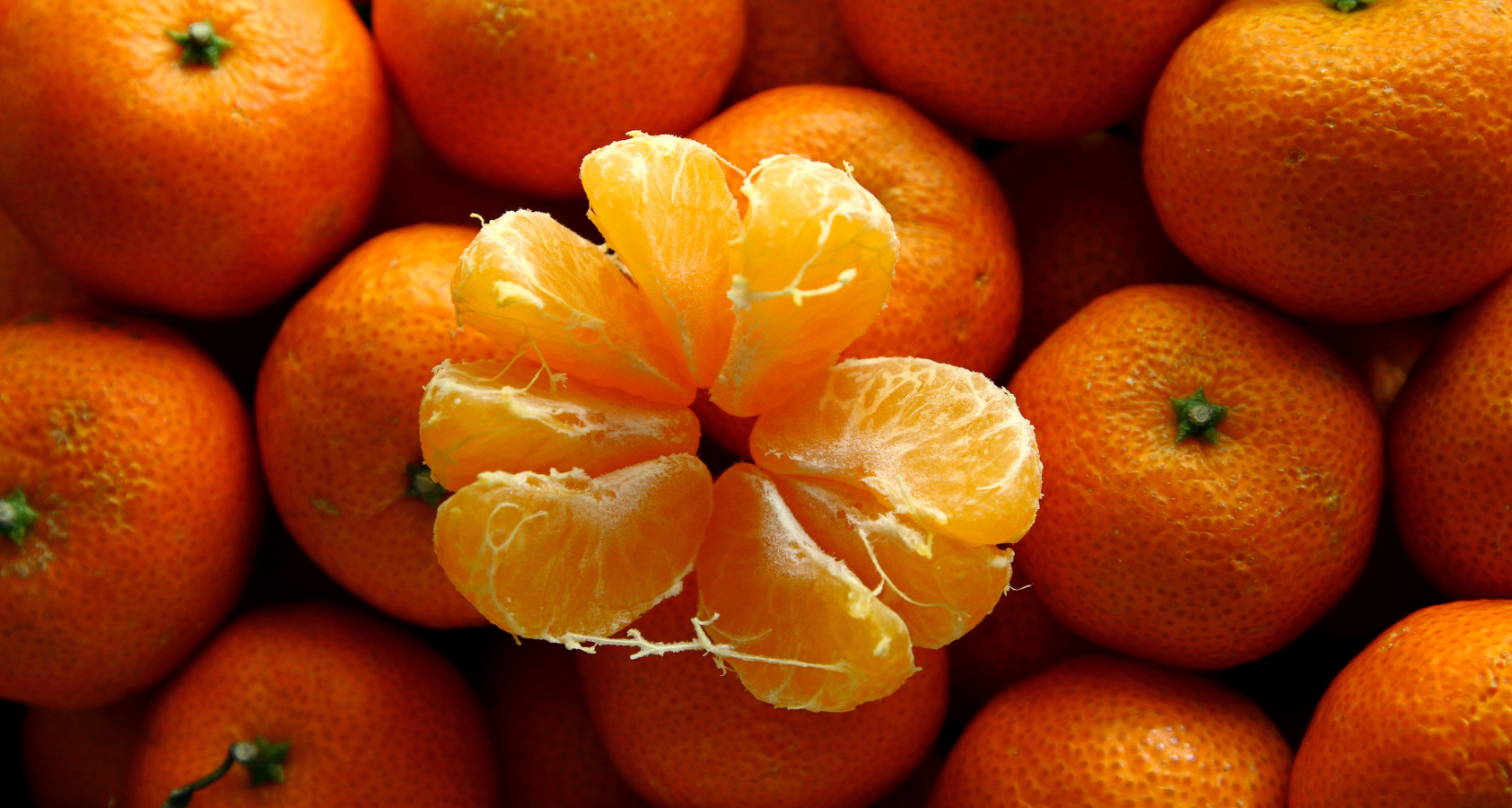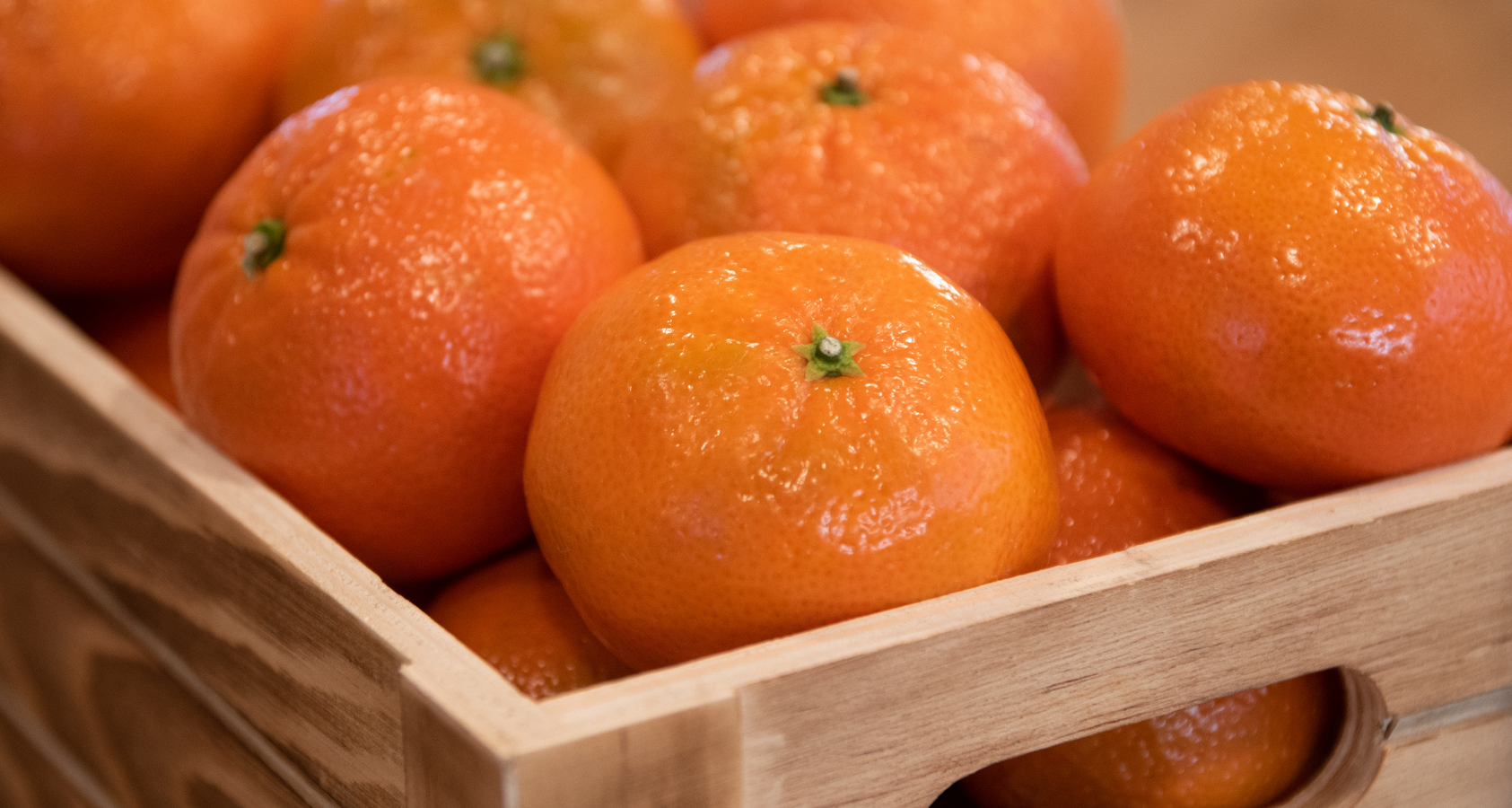Can Cats Eat Mandarin Oranges? This You Need to Know!
Last updated on March 22nd, 2023 at 12:26 am
Reading Time: 4 minutesThis post may contain affiliate links. If you click and buy we may make a commission, at no additional charge to you.
Can cats eat Mandarin oranges with you?
Oranges are delicious most of us can agree on that. However, Can cats eat Mandarin Oranges?
Quick Answer
Cats cannot eat Mandarin oranges because they are citric fruits, and citrus is dangerous for cats. In addition to citric acid, essential oil, psoralens, and sugar in oranges proves bad and cause side effects in the form of digestive issues, GI tract infections, and other health difficulties depending on the amount consumed.
Therefore, allowing your furry cats to enjoy Mandarin orange is dangerous. Here you can find potential side effects of oranges and overall citrus fruits and the diseases your cat may have after eating these fruits.
Can Cats Eat Mandarin Oranges?
Mandarin oranges are part of the citrus family, and cats should avoid them. Sometimes, you eat oranges in front of your cats and his cute face looking at you suggests that he needs some. Many pet owners do not resist sharing oranges with their furry babies and are ignorant of their side effects.
Thus, it is advisable to keep these points in your mind before offering Mandarin oranges to your cats:
- Cats are carnivores and therefore designed to feed on meat. Their body is also meant to get all the nutrients they need from meat food resources or some other healthy alternatives.
- Their digestive system is not adapted to digest oranges or related food items, and they struggle to digest such food.
- Citrus as a whole is toxic for cats because of the essential oils and high levels of acids found in all citrus food. In addition to this, the thick outer shell and fleshy fibrous inside Mandarin oranges prove hard for cats’ bodies, and they cannot get any nutritional value out of it. Instead, it may upset their tummy.
- Oranges are sweet and yummy, aren’t they? So, there is nothing good to give your cats sweet and sugary food. Though there are no flavorings or artificial sweetness, sugar in any form is dangerous for pets. Your cat may have dental problems where gum diseases, tooth loss, and other common bacterial infections. Your cat may also have high calories from the sugar in the orange.
- At the same time, sugar intake in the form of oranges can make your cat persistent in eating unhealthy food. Prefer to feed him a balanced diet containing a good amount of protein and other minerals to give him healthy food.

Are Oranges Bad for Cats?
No one can deny the health benefits of oranges for humans, but the condition changes when it comes to cats. Unfortunately, oranges are bad for cats to eat because they contain essential oils, citric acid, and psoralens that cats should never consume.
Remember, it is not just Mandarin oranges that are unsafe for cats to consume, it is all about citrus fruits. You can count grapefruit, lemons, limes, citron, tangerines, pomelo, or such fruits that are citric in nature.
Citric acid may cause stomach upset or irritations, while essential oils are also a threat. These oils require a special enzyme, or you may say a compound to break it down, without which they can build up to toxic levels. Cats lack this compound that makes essential oils toxic to cats.
At the same time, you may assume eating oranges is healthy for you, then it is only my cat who cannot eat them. So, to make it more clear to remember, the high acidic level of oranges can affect your furry babies’ urine alkaline balance. If your cat has urinary infections, do not give him oranges, including Mandarin.
What Happens If Your Cat Eats Mandarin Oranges?
If your cat is smart enough to have oranges from your fruit bowl, eat an orange peel, or chew an orange, you need to be mentally prepared to look after him. The actual orange peel and the fruit itself are the most dangerous parts for a cat to consume.
The consumption of Mandarin oranges may result in the most severe side effects for your cat, such as:
- Depression
- Diarrhea
- Photosensitivity
- Partial dermatitis
So, if you are back home and catch your cat gnawing on an orange, or if he ran off with a dropped segment of fruit, you need to monitor them closely for any signs of citrus poisoning. Normally, the symptoms are associated with the digestive system and related problems such as:
- Stomach distress
- Diarrhea
- Vomiting
- Drooling
- Weakness
- Seizure
The severity of your cats’ reaction depends on how much of the orange was ingested. Additionally, part of the orange matters greatly as the orange peels are more toxic than the fruit. So, if this is the case with your cat, examine carefully and don’t allow him to eat more.
Keeping him under observation for a few hours will be good, but if the condition worsens, don’t rely on home remedies and immediately contact your vet for medication.
About The Author
Mother, Certified animal Behaviorist who loves pets. Has two dogs and a cat. Trained veterinarian and loves to write about her experiences.








